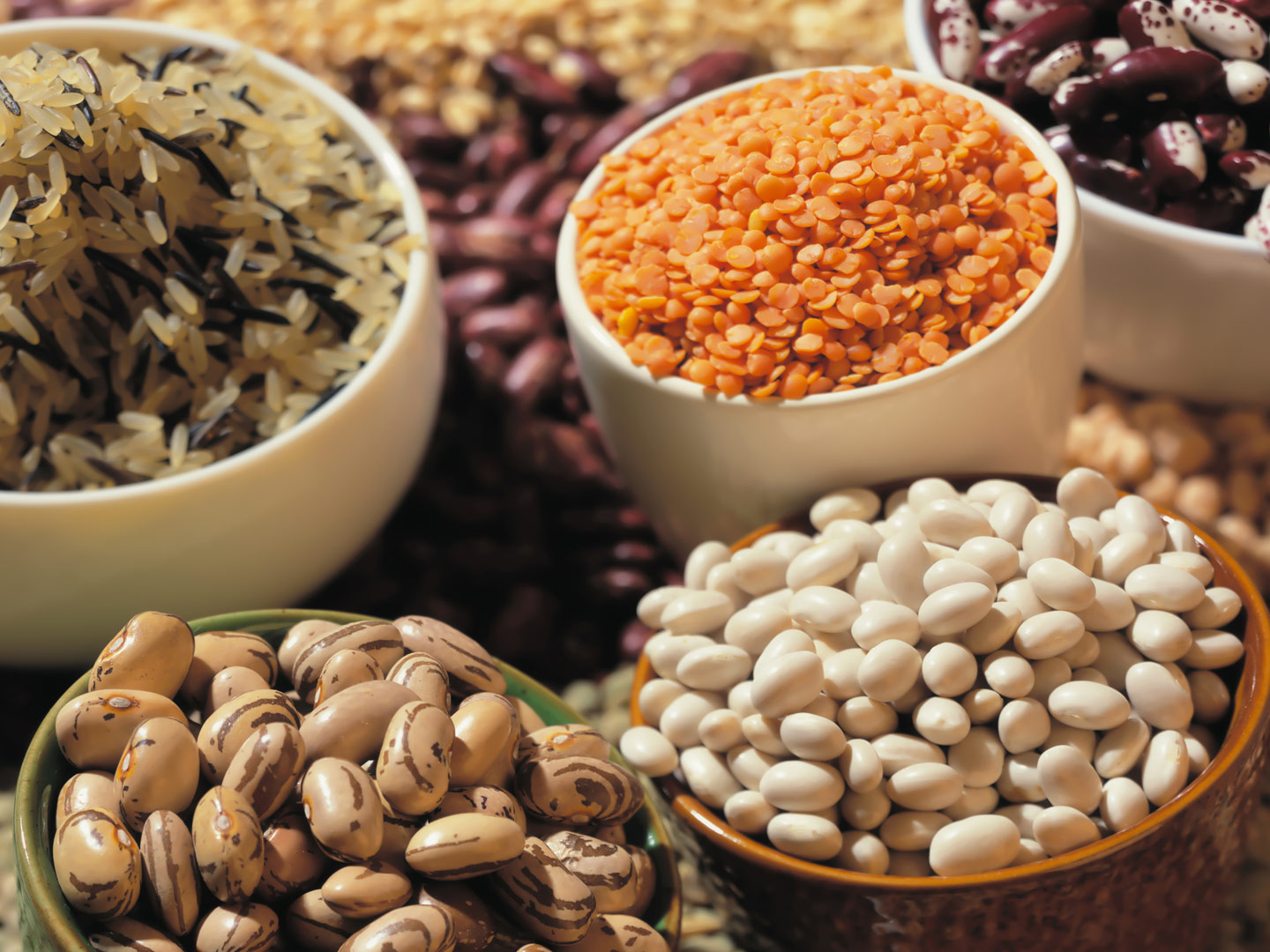Vitamin B2 For Adrenal Health

What is vitamin B2?
Vitamin B2, also called riboflavin, is a water-soluble vitamin present in most animal and plant tissues. Riboflavin is one of the essential B vitamins, known to help support adrenal function, help calm and maintain a healthy nervous system, and facilitate key metabolic processes, including helping to turn food into energy.
Why is vitamin B2 necessary?
Riboflavin is involved in vital metabolic processes in the body, and is necessary for energy production and normal cell function and growth. VItamin B2 is also crucial in helping other B vitamins undergo the chemical changes that make them useful. Emerging research shows that riboflavin/vitamin B2 can act as an antioxidant, potentially helping to prevent cancer and prohibit cholesterol buildup by controlling the proliferation of harmful molecules known as free radicals.
Common diseases and illnesses that may be prevented or alleviated via riboflavin supplementation include neonatal jaundice, anemia, anorexia/bulimia, cataracts, cognitive function (thinking and memory), depression, and migraines.
What are the signs of a riboflavin deficiency?
Riboflavin deficiency (called ariboflavinosis) can appear at intakes of less than 0.5-0.6 mg/day. Too little riboflavin can cause weakness, throat swelling/soreness, a swollen tongue, skin cracking (including cracked corners of the mouth), dermatitis, and anemia. Riboflavin/vitamin B2 deficiency can also affect vision, including blurred vision and itching, watering, sore, or bloodshot eyes, as well eyes becoming light-sensitive and easily fatigued.
Particular groups may be especially susceptible to riboflavin deficiency, including the elderly, the chronically ill and alcoholics. Women who take birth control pills may also benefit from supplementation – the body’s ability to absorb riboflavin is reduced when taking birth control pills.
How much, and what kind, of vitamin B2, does an adult need?
According to the National Institutes of Health (NIH), the Recommended Dietary Allowance (RDA) for is 1.0 mg for female adolescents between the ages of 14-18 years; 1.3 mg for male adolescents 14-18 years of age; 1.1 mg for female adults older than 18 years; and 1.3 mg for male adults older than 18 years. Pregnant women are recommended to take 1.4 mg, and women who are breast feeding should take 1.6 mg. People who are at a higher risk for riboflavin deficiency (see above) should talk with a physician for adequate dosages. Dr. Weil recommends 50 mg as part of a B-50 complex in a daily multivitamin.
How much riboflavin does a child need?
The NIH says the RDA of riboflavin for infants and children is 0.3 mg for 0-6 months old; 0.4 mg for 7-12 months old; 0.5 mg for 1-3 years old; 0.6 mg for 4-8 years old; and 0.9 mg for 9-13 years old. Dr. Weil recommends 1.7 mg as part of a children’s daily multivitamin, but you should always speak with your pediatrician regarding supplements.
How do you get enough vitamin B2 from foods?
Healthy individuals who eat a balanced diet may not need to supplement with riboflavin. Dietary sources of riboflavin include: dairy products (such as milk, cheese and yogurt), eggs, enriched or fortified cereals and grains, meats, liver, dark greens (such as asparagus, broccoli, spinach and turnip greens), fish, poultry, and buckwheat. Keep in mind that riboflavin is easily destroyed by exposure to light, so buy milk and yogurt in paper cartons or containers. Find more information about B vitamin foods from our infographic.
Are there any risks associated with too much vitamin B2?
Excess riboflavin is excreted through the urine (often temporarily causing urine to turn a bright yellow color several hours after taking it), so there is no common risk for an overdose. However, extremely high doses may result in an increased risk of kidney stones. Sensitivity to light, itching, numbness, and burning/prickling sensations may also occur at high dosages. Allergy and anaphylaxis (severe, whole-body allergic reaction) have also been reported, though rarely.













